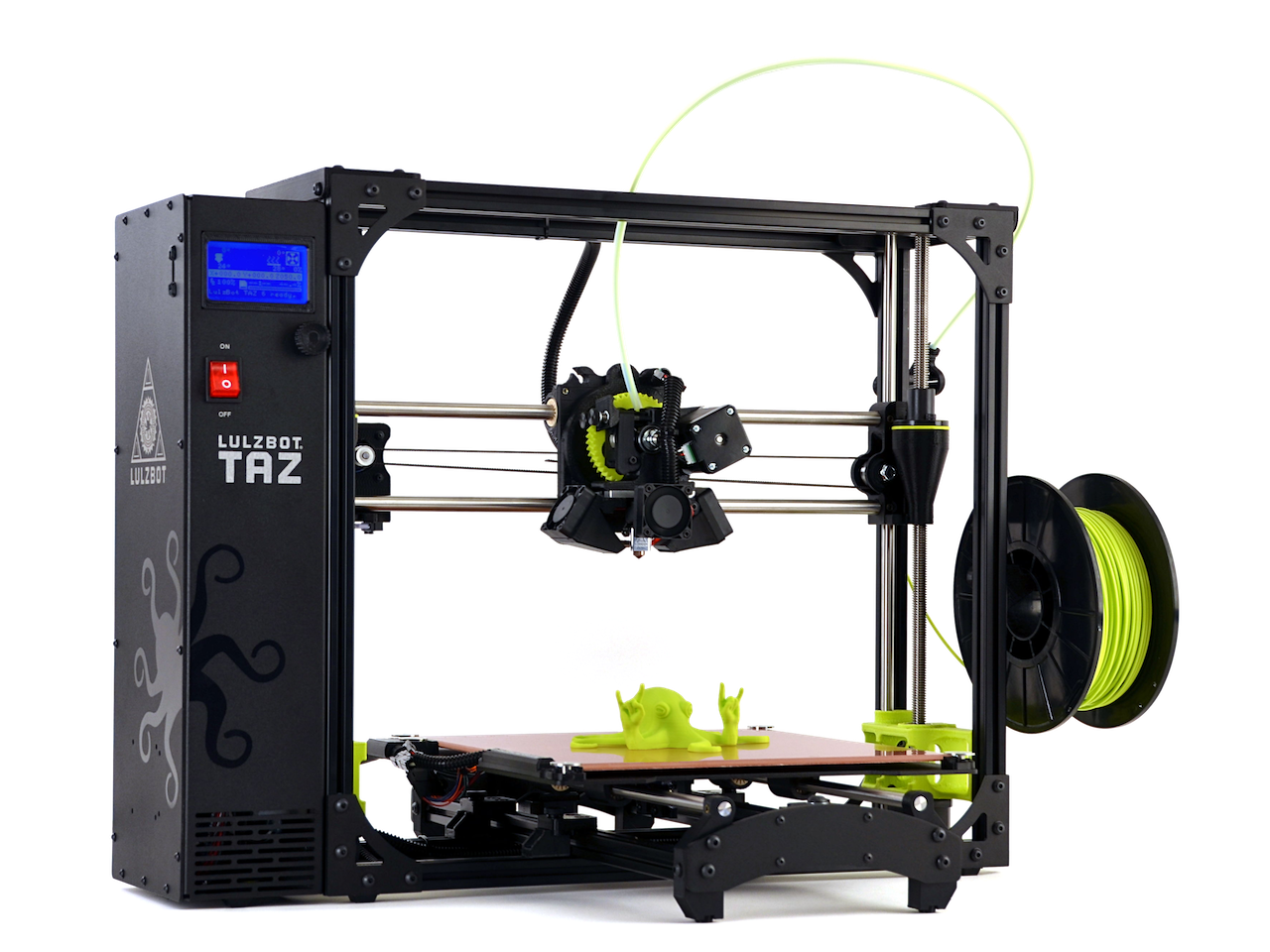
Aleph Objects, the company behind the LulzBot line of desktop 3D printers, released their quarterly financials, providing a glimpse at the workings of a smaller 3D printer company.
The results were surprisingly large and positive. The Colorado-baeed company reported:
- For the second quarter of 2016, the company reported revenue of US$5.8 million, recording four consecutive profitable quarters
- Second quarter 2016 represents an 83% improvement in year-over-year revenue versus second quarter 2015
- Year-to-date 2016, the company reported profitable performance on revenue of $10.5 million
The open-source company seems to have found its niche with their client base – and it seems to be growing. Their second quarter results in 2015 would have been about USD$3.2M, thus they’ve almost doubled their revenue year over year.
The YTD figure of USD$10.5M, combined with a rising quarterly revenue of USD$5.8M could suggest they’re on track to hit well over USD$20M in revenue for 2016. That’s a great deal of money for a small company such as Aleph Objects. Well, maybe they aren’t so small anymore.
It’s very curious to contrast the success of Aleph Objects versus the travails of the larger industry players, most of which have reported mixed or not-so-great results.
My theory is that a portion of sales to industry that previously went to the big players has shifted towards smaller players like Aleph Objects and similar companies. Why? Because the quality of desktop equipment has gradually improved over the years and apparently is now sufficiently good to attract the buying intentions of at least some segments of industry.
It also helps that Aleph Objects and others in that niche are more directly focusing on providing value to industry, as opposed to the hobbyist market that attracted many of them to launch their company years ago.
Where does it go from here? Given that it’s highly likely Aleph Objects will continue to gradually improve their equipment’s qualities and capabilities, they will continue to scoop up business that might have gone to the big players in previous years.
In the longer term, it may mean that the big players might have to come up with lower-cost options for this market. But while the big players could technically develop a lower cost machine, they might find it challenging to produce at a price competitive with the likes of Aleph Objects.
Via Aleph Objects (PDF) and LulzBot

